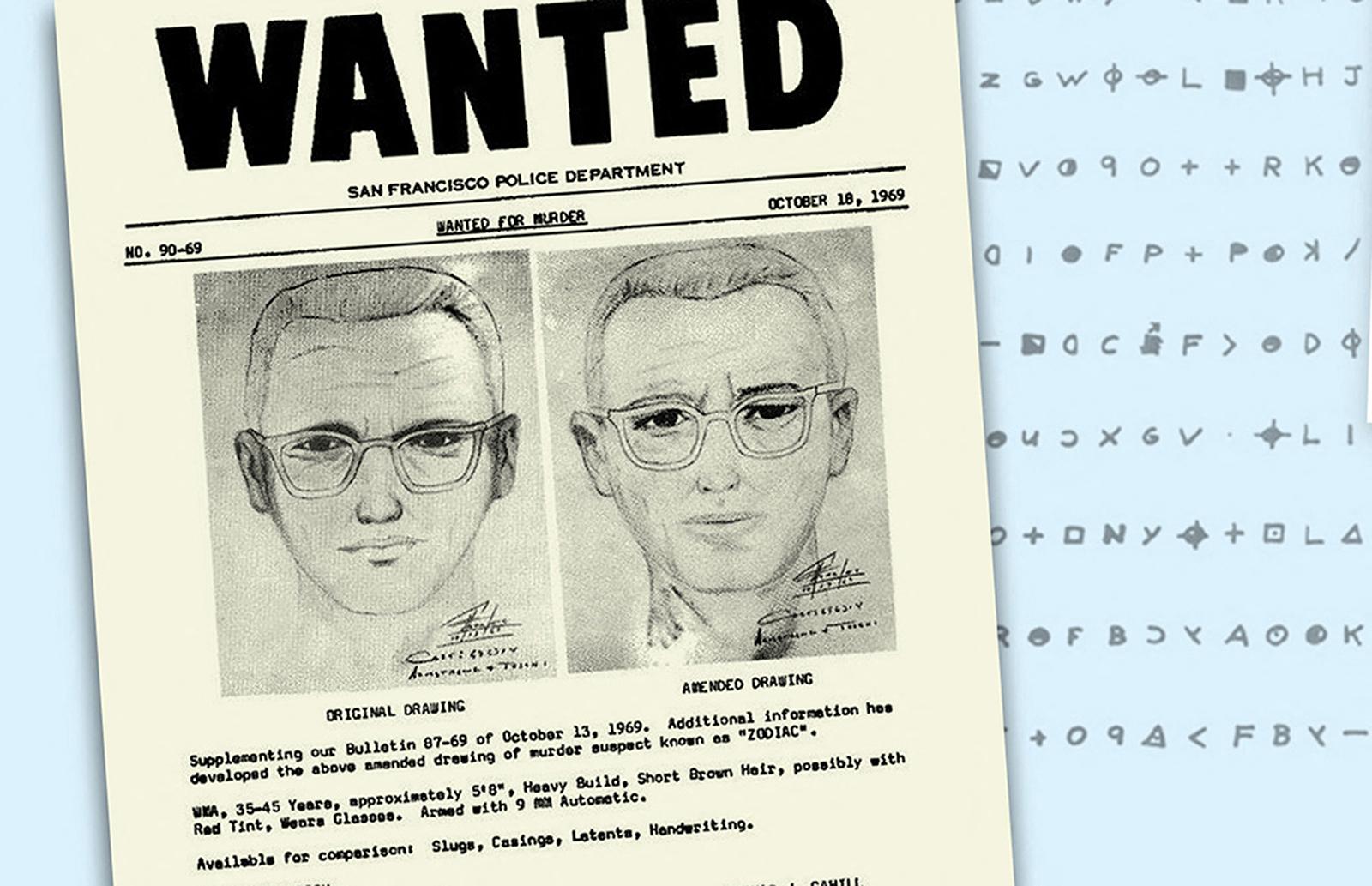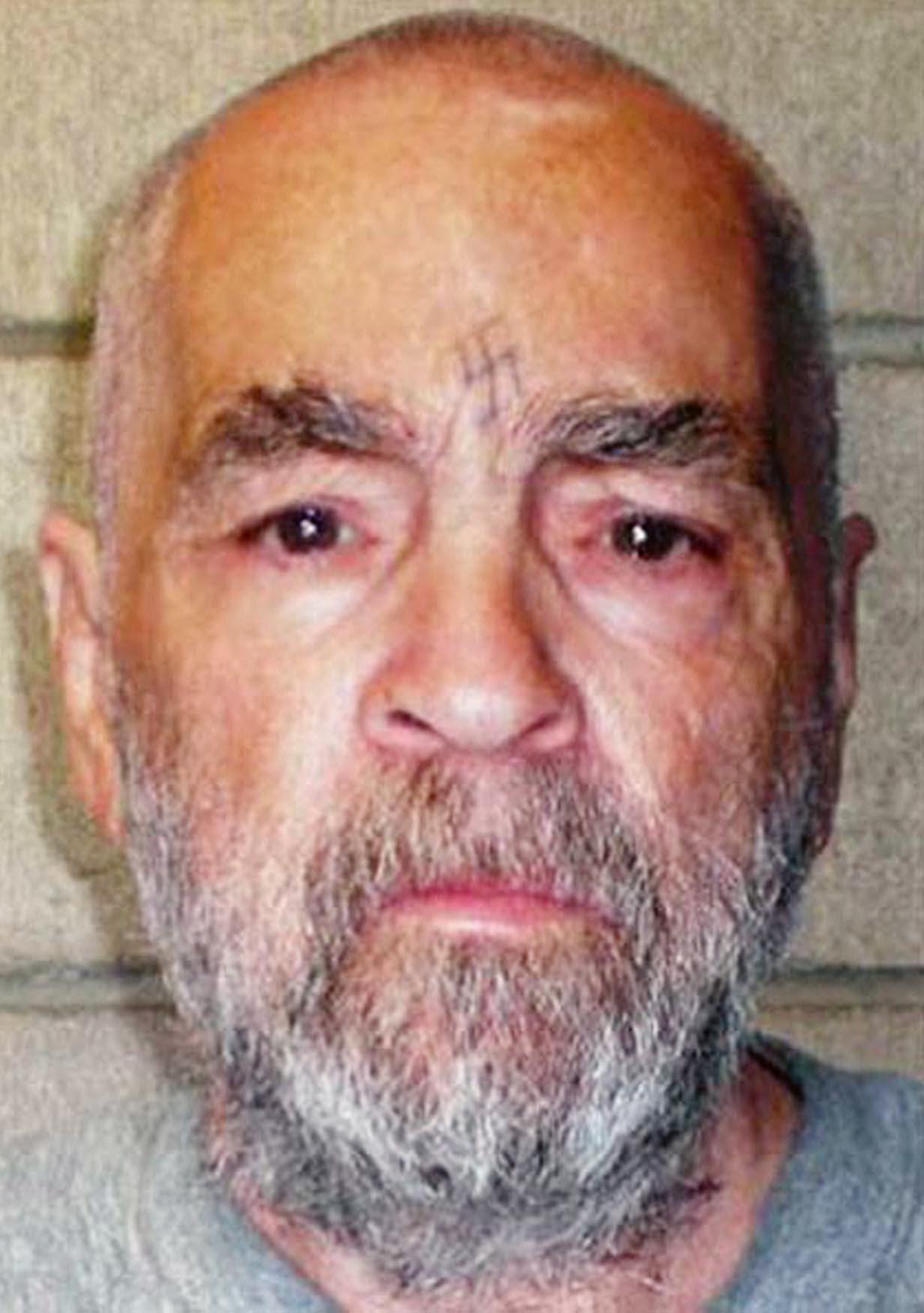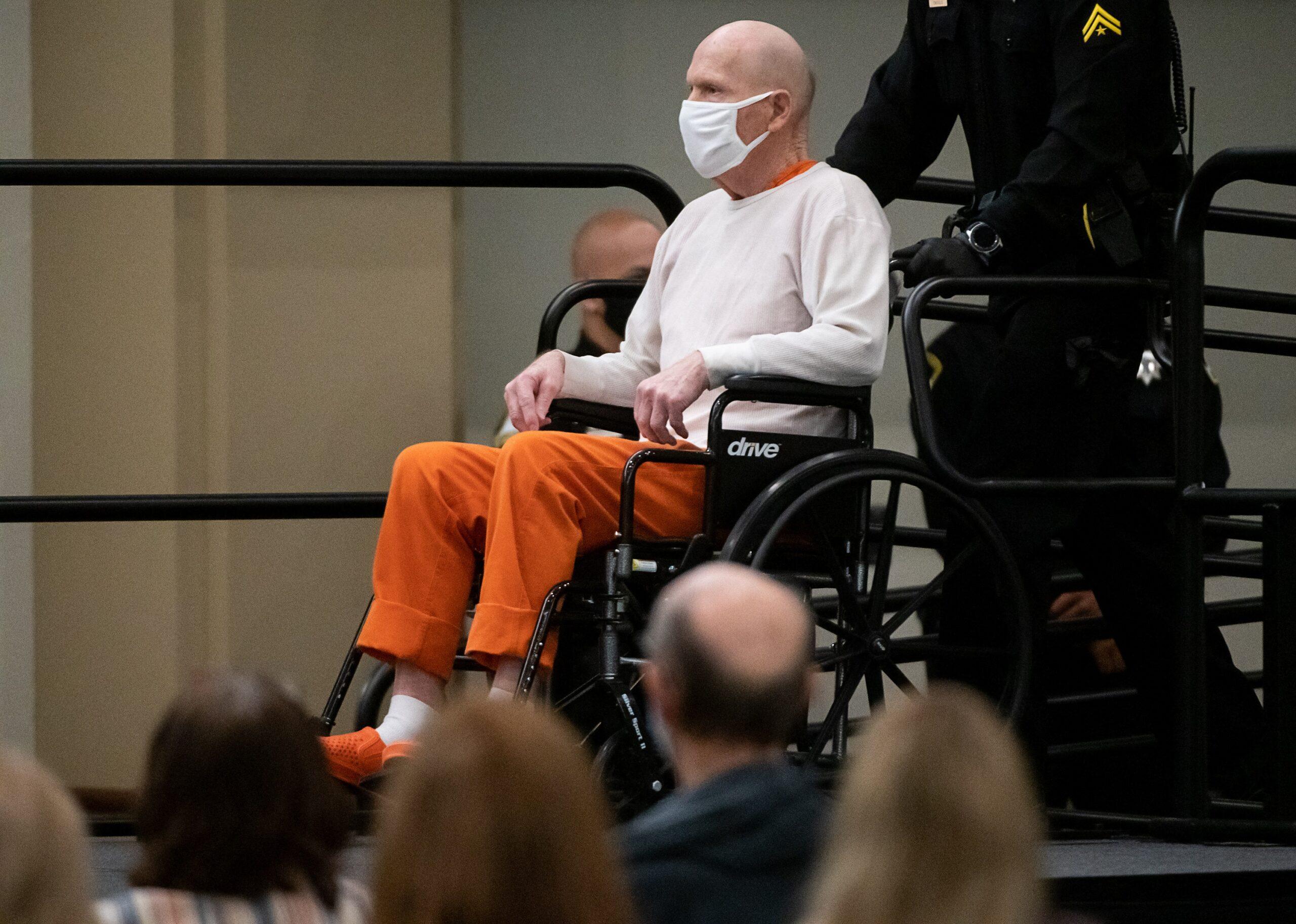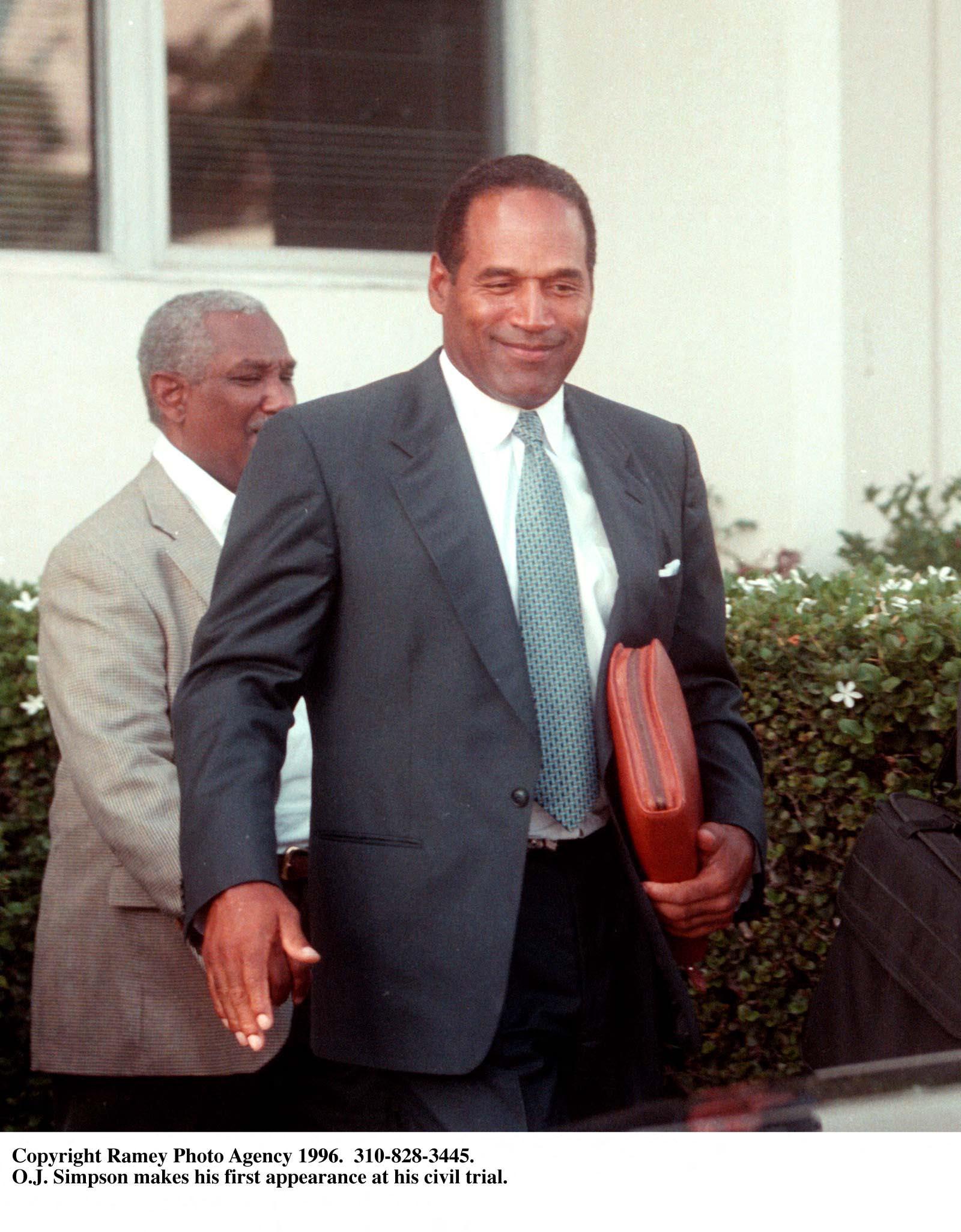
Crimes Unveiled: The 10 Most Captivating True Crime Stories of All Time
By Heather Yesko Edwards on September 23, 2023 at 11:15 AM EDT
Updated on September 26, 2023 at 7:59 PM EDT
True crime stories have always captured the public's fascination due to their gripping narratives and the morbid curiosity surrounding real-life criminal cases. Here are some of the most well-known and enduring true crime stories to date.
The Enigma of the Black Dahlia Murder (1947)
In the archives of unsolved mysteries, few cases are as haunting as the Black Dahlia murder. The victim, Elizabeth Short, a young and aspiring actress, met a gruesome and untimely end in Los Angeles in 1947. Her body was found severed and mutilated, discarded like a grotesque piece of art. The brutality of the crime shocked the nation, and the enigma of her killer endures.
Elizabeth Short's life was already a puzzle; she had arrived in Los Angeles with dreams of stardom, yet her time there was marred by struggles and dead-end jobs. Her nickname, the "Black Dahlia," reportedly stemmed from her penchant for wearing black attire and her ties to the noirish underbelly of Hollywood. Her death remains a mystery, with numerous theories and suspects, but the case has never been conclusively solved.
The Zodiac Killer's Reign of Terror (Late 1960s to Early 1970s)

The Zodiac Killer, a name that sends chills down the spine, terrorized Northern California in the late 1960s and early 1970s. What sets this case apart is the cryptic letters and ciphers the killer sent to newspapers and police, taunting authorities and adding an element of fear to an already horrifying series of crimes. The Zodiac claimed responsibility for numerous murders, yet the identity of the killer remains one of the most elusive in criminal history.
The mysterious symbol used by the Zodiac Killer, a crosshair-like design, became emblematic of his reign of terror. Despite extensive investigations and countless theories, the Zodiac Killer has never been identified, leaving a dark shadow over the history of true crime.
The Manson Family Murders (1969)

In the summer of 1969, the Manson Family, a cult led by the charismatic Charles Manson, shocked the world with a series of gruesome murders. The most infamous of these was the killing of pregnant actress Sharon Tate and several others at her Los Angeles home. Manson's hold over his followers and the brutality of the murders sent shockwaves through society.
The case revealed the disturbing power of cult leaders to manipulate and coerce their followers into committing heinous acts. Manson's trial, along with those of his followers, became a media spectacle, shedding light on the darkness that can lurk within the human psyche.
The Ted Bundy Murders (1970s)
Ted Bundy, a name synonymous with serial killers, is infamous for his charming facade and gruesome crimes. Throughout the 1970s, Bundy confessed to the murders of more than 30 women across multiple states. His ability to blend into society and manipulate his victims demonstrated the terrifying reality that serial killers often appear unassuming.
The Ted Bundy case remains a chilling example of the complexity of criminal psychology and the difficulties law enforcement faces in tracking and apprehending serial offenders. Bundy's trial and subsequent escape from custody added dramatic twists to his story, making it one of the most infamous in the annals of true crime.
The Golden State Killer (1970s-1980s)

For decades, the Golden State Killer terrorized California with a spree of murders, rapes, and burglaries. The elusive nature of this serial offender baffled investigators until 2018 when Joseph James DeAngelo, a former police officer, was apprehended and identified as the Golden State Killer. His arrest marked a turning point in the use of DNA technology to solve cold cases and brought closure to many victims' families.
DeAngelo's ability to evade capture for so long added an element of fear and intrigue to this case. The use of genetic genealogy to identify him showcased the potential of modern forensic techniques to solve previously unsolvable crimes. The Golden State Killer case highlighted both the importance of perseverance in cold case investigations and the power of scientific advancements in solving crimes.
The O.J. Simpson Trial (1994-1995)

The O.J. Simpson trial, often dubbed the "Trial of the Century," was a landmark case that riveted the world in the mid-1990s. The former NFL star and actor was charged with the murders of his ex-wife Nicole Brown Simpson and her friend Ron Goldman. The trial became a lightning rod for discussions about race, celebrity, and the American legal system.
O.J. Simpson's defense team, led by Johnnie Cochran, famously argued that he was a victim of racial bias, and the "If the glove doesn't fit, you must acquit" catchphrase became legendary. The trial ended with Simpson's acquittal, leaving many questions unanswered and a nation divided.
The JonBenét Ramsey Case (1996)

The murder of six-year-old JonBenét Ramsey in her Boulder, Colorado, home in 1996 remains one of the most puzzling unsolved cases in modern history. The beauty pageant queen's death and the mysterious circumstances surrounding it captivated the nation. The ransom note left behind, the lack of a clear motive, and the suspicion cast on her family all added layers of intrigue to the case.
Despite extensive investigations and numerous theories, JonBenét's killer has never been definitively identified. The case continues to haunt those who followed it closely, a grim reminder that some mysteries may never be solved.
The Making a Murderer Case (2005)
In December 2005, Netflix released "Making a Murderer," a true crime documentary series that redefined the genre. The series followed the case of Steven Avery, a Wisconsin man who was wrongfully convicted of a crime and later accused of another murder upon his release. The story exposed the complexities of the criminal justice system and the potential for wrongful convictions.
Steven Avery's journey through the legal system, from exoneration for one crime to a subsequent murder conviction, raised serious questions about police misconduct, coerced confessions, and the fairness of the judicial process. "Making a Murderer" sparked national debates about the need for criminal justice reform and the role of media in shaping public opinion.
The Amanda Knox Case (2007)
In 2007, the picturesque Italian town of Perugia became the backdrop for a high-profile international murder case. American student Amanda Knox and her Italian boyfriend Raffaele Sollecito were accused of the murder of Amanda's roommate, Meredith Kercher. The case garnered significant media attention and highlighted the complexities of international legal systems and media sensationalism.
Amanda Knox's arrest, trial, and eventual acquittal became a global spectacle. The prosecution argued that Knox and Sollecito, along with a third person, had sexually assaulted and murdered Kercher in what they alleged was a drug-fueled s-- game gone wrong. Knox's defense maintained her innocence, citing a lack
of physical evidence and a problematic police investigation.
Knox's conviction was overturned in 2011, and she returned to the United States. However, the legal saga did not end there. After a series of trials and appeals, Italy's highest court definitively acquitted Knox and Sollecito in 2015, marking the conclusion of a legal odyssey that had captured the world's attention.
The Amanda Knox case underscores the challenges of cross-border legal proceedings, the impact of media sensationalism, and the enduring question of whether justice was truly served. It serves as a cautionary tale about the importance of fair and thorough investigations and the potential for wrongful convictions in high-profile cases.
The Serial Podcast (2014)
In 2014, the true crime genre received a groundbreaking addition with the release of the "Serial" podcast by journalist Sarah Koenig. The podcast meticulously investigated the 1999 murder of Hae Min Lee and the subsequent conviction of her ex-boyfriend, Adnan Syed. "Serial" not only captivated millions of listeners but also reignited public interest in the case and the broader issues of criminal justice.
Koenig's investigative journalism and storytelling prowess transformed a cold case into a cultural phenomenon. Listeners were drawn into the nuances of the case, the reliability of witness testimonies, and the potential for wrongful convictions. "Serial" demonstrated the power of podcasts to shed light on overlooked cases and engage the public in discussions about the justice system.
These true crime cases, each with its unique characteristics and complexities, have left an indelible mark on the collective consciousness. They continue to intrigue and captivate, shedding light on the darkest corners of human behavior and the intricacies of the criminal justice system. While some have been solved, others remain shrouded in mystery, ensuring their enduring status as some of the most popular and enigmatic true crime stories in history.
